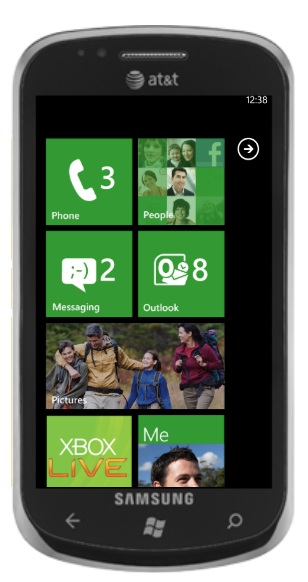The head honchos at Apple might be surely jeering at this one. Microsoft, which had, not long ago claimed the moral high ground claiming to not collect any location data without explicit user consent has been ironically sued by one Rebecca Cousineau in a District Court in Seattle for tracking the movement of Windows Phone 7 users.

The crux of the complaint is that Microsoft used Windows Phone users to collect valuable location based advertising related data. This, even if the users chose the “No” option when they were asked for their consent whether or not to allow Microsoft to collect this information. The complaint also says that Microsoft chose to use Windows Phone users for this data collection and didn’t make an effort to collect the data it needed them through a usually laborious and expensive procedure.
As, to how this was done? Well, according to the complaint, the Operating System’s camera application, when started up for the first time, asks the user whether the user wants it to store location data. Now, immaterial of what option you choose there, Microsoft goes ahead and collects the data anyway – completely ignoring your choice in case you selected “No”.
The complaint also refers to a report by one Samy Kamkar who had in an analysis of mobile data packets sent by a Window Phone device found that the phone started sending out location details even before the user could actually select “Yes” or “No” – thereby making a mockery of privacy laws. The report also states that the data sent includes four tracking numbers that allow Microsoft to identify the device with reasonable accuracy.
It was earlier this year that Apple was sued for collecting location based data from users. The company had however clarified that it wasn’t collecting any data – but were actually just maintaining a record of Wi-Fi hotspots and cell towers. Back then, Microsoft, which finds itself at the receiving end now, had sent a letter to the US Congress stating that it never collects information from users unless the company gets explicit permission from a user to do so.
Microsoft hasn’t’ responded yet to the lawsuit which we think should turn interesting in the days to come.





